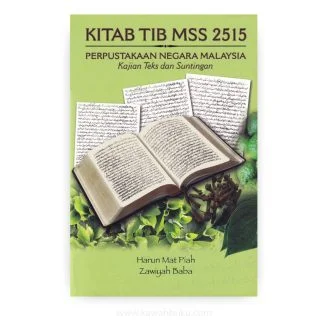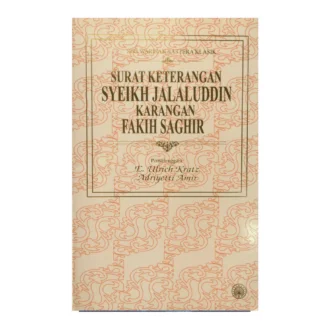Classification of Knowledge in Islam: A Study in Islamic Schools of Epistemology quite fittingly starts with a study of al-Farabi’s system of classification of the sciences. In addition to the Peripatetic tradition of classification as represented by al Farabi, the author also considers two other figures and traditions: that of standard Sunni theology developed by al-Ghazālī, and that of the burgeoning neo-scholasticism that evolved in the wake of the Mongol invasions and represented here by Qutbuddin al-Shirazi. Altogether, this study constitutes a major contribution to the understanding of how the classification of knowledge fits into the traditional cosmological scheme as well as the role that classification played in giving coherence to the Muslim education system.
Building upon the precision given by Aristotle and his early successors to the notion of definition, the Muslim philosophical and theological traditions developed a very sophisticated system for the classification of the sciences. It is hard to overemphasize the importance placed by scholars of Muslim civilization on the problem of classification. For example, when Ibn Sina pointed out that he could not understand the Metaphysica of Aristotle even after reading it forty times, his problem was not with the intricacies of the subject matter per se, but rather with the proper classification of the subject matter at large, something about which Aristotle himself was quite ambiguous. Thus Ibn Sina says he only understood the Metaphysica after reading the commentary of al-Farabi, which precisely clarified the proper divisions of metaphysics and its subject matter.
One of the author’s main arguments is that, in traditional Muslim civilization, there are two threads that are common to both theological and philosophical approaches to knowledge and its classification: the hierarchy and unity of various branches of knowledge, and the distinction between religion and philosophy. Bakar points out that, despite their radical differences in the relative merits of the two threads, both al-Farabi, the Aristotelian, and al-Ghazālī, the apologetic theologian, recognize a sharp difference between the purely intellectual sciences and those based on revelation. The author’s study is especially important in his detailed comparisons and contrasts between the systems of classification of these two scholars. He explores in detail the struggles of al-Ghazālī to adopt the Farabian structure of classification to the needs of the emerging mainstream symbiosis of Sunni and Sufi thought.
The overwhelming majority of Classification of Knowledge in Islam: A Study in Islamic Schools of Epistemology deals with the classification systems of al-Farabi and al-Ghazālī in detail. The development of the science of classification in the neo-scholasticism of the post-Mongol era, with detailed comparisons and contrast with the earlier systems, could have been quite interesting. Bakar does point out al-Shirazi’s efforts to bridge the classificational abyss separating the religious and rational sciences.
This is a manifestation of a general trend in Muslim neo-scholasticism and could have been explored further. On the other hand, the detailed study of al-Farabi and al-Ghazālī alone is well worth the price of admission. The book design and production itself is satisfactory for the most part. The excellently annotated biographical synopses of each of the three selected authors are useful for beginning students of the sciences of Muslim civilization.











Reviews
There are no reviews yet